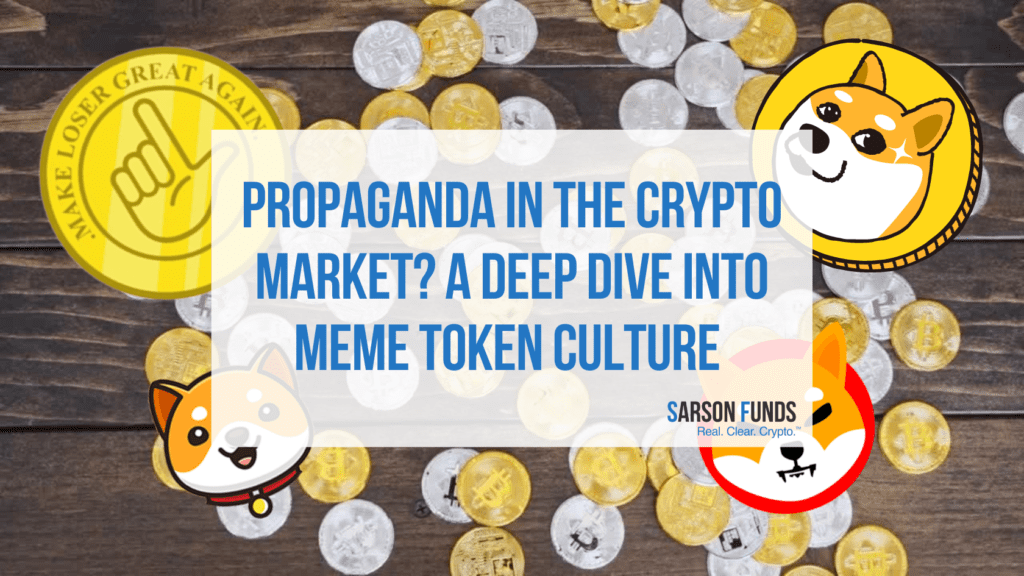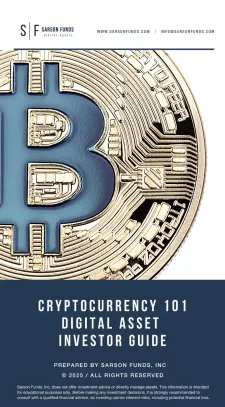
In 2021, we witnessed an unprecedented surge in “meme investments,” leaving an indelible mark on financial history and the future. Meme investments are assets whose underlying value is largely derived from viral humor. The meme investment phenomenon took center stage in January 2021, with GameStop and Dogecoin making significant gains on their respective platforms. This surge has raised concerns about the future of meme stocks and tokens, which are notably challenging to control. Regardless of the platform, investors now acknowledge the formidable influence of memes, akin to the power of propaganda. With a profit-driven perspective, we can examine the historical factors that made propaganda potent to identify which meme tokens are poised for success.
To understand the dynamics at play, we’ll explore three propaganda techniques that are not only employed for propaganda but are also common choices for advertisers:
- Appeal to Authority: This technique relies on the endorsement of influential figures to promote a meme investment. It can lead to rapid price increases, although often temporary. In the cryptocurrency realm, influencers can leverage their followings for financial gain, sometimes resulting in the “pump and dump” practice, where prices are artificially inflated to initiate a bullish trend, only to be sold off later. The use of authoritative endorsements is a double-edged sword, as it can be driven by genuine intentions or potentially exploitative motives. Notably, influential figures, such as Elon Musk, have the power to sway crypto prices based on their public stances.
- Appeal to Emotion: Emotion plays a pivotal role in the longevity of meme investments. Historical propagandists and advertisers have employed strategies to evoke specific emotions in their audiences. In the crypto world, a substantial market for “dog tokens” has emerged, with the Shiba Inu Token, named after the popular Japanese breed, serving as a prominent example. Despite a bear market, Shiba Inu (SHIB) has achieved a remarkable valuation increase, primarily attributed to the emotional appeal associated with the token’s name. The power of emotional resonance can significantly contribute to the popularity and value of meme tokens.
- Appeal to Prejudice: This is arguably the most influential technique, capable of triggering a bandwagon effect that propels memes to extraordinary heights. Notable instances include the GameStop “short squeeze,” where a collective of retail investors took substantial risks to challenge the inner workings of the U.S. financial system, leading to brokerage platforms like Robinhood restricting the “buy” option. The Chinese cryptocurrency crackdown spurred the creation of Losercoin by two self-proclaimed “broke losers” in China, aimed at countering the government’s currency mandates. Similarly, the Japanese alternative, MonaCoin, strives for a financial future that originated from a property purchase in Nagano using the currency. Appeal to Prejudice often encourages investors to commit to substantial losses to convey a broader message, reflecting a significant segment of the cryptocurrency community’s quest for a financial revolution.
Effective meme tokens can harness multiple appeals, combining elements of authority, emotion, and prejudice. For instance, Dogecoin exemplifies a token that intersects all three appeals, with endorsements from influential figures, the emotional appeal of dog-themed imagery, and the potential to challenge traditional financial systems. The endurance of the original Doge meme, which went viral in 2013, is indicative of its lasting relevance. While Dogecoin blazed the trail as the first meme token, the ever-evolving crypto market suggests that it will not be the last. In the expanding meme market, the most successful tokens are likely to accrue value in a manner akin to propaganda techniques.
It’s important to recognize that meme investments can be speculative and volatile, and investors should exercise prudence, conducting comprehensive research before engaging in these markets.
By Simon DeCapua
Disclosures: Not investment advice. It should be assumed that Sarson Funds or its affiliated managers hold positions in all projects that are discussed. It is not possible to invest in any project directly through Sarson Funds, Inc. or its affiliated managers. Any investment product offered by managers affiliated with Sarson Funds should be assumed to be only available to Accredited Investors and subject to the individual terms and conditions of that offering including but not limited to those eligibility requirements associated with U.S. Securities Regulation D, section 506c. Talk with your financial advisor before making any investment decisions or have them contact Sarson Funds directly at [email protected]








